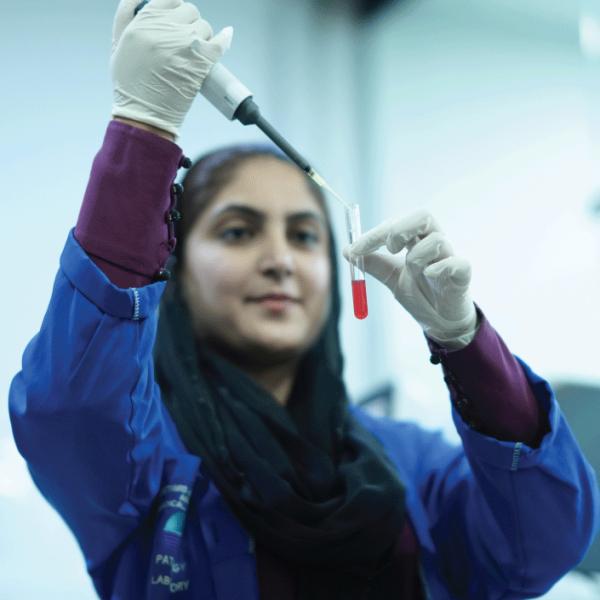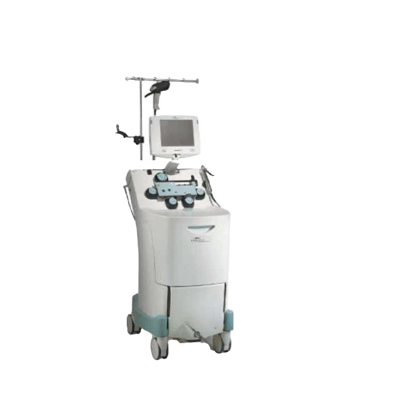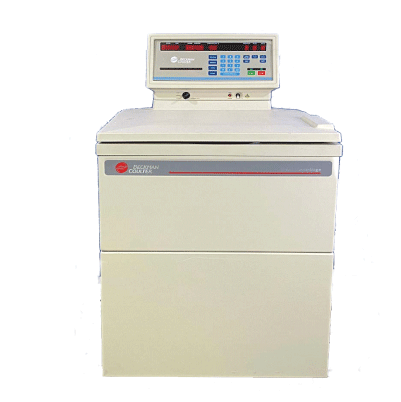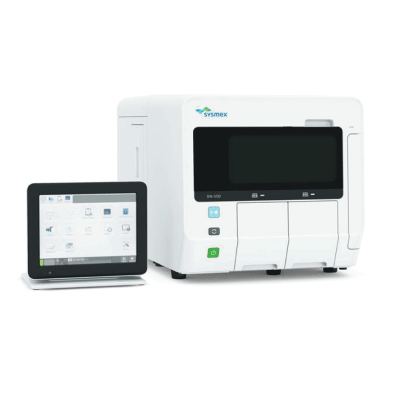Blood Bank department
The Blood Bank Department, also known as the Transfusion Medicine Department or Immunohematology Department, is responsible for the collection, testing, processing, storage, and distribution of blood and blood products for transfusion purposes. Here’s an overview of what you might find in a typical Blood Bank Department:
Blood Donation: The department coordinates blood donation drives and operates blood donation centers to collect whole blood and blood components from volunteer donors. Donated blood is screened for infectious diseases and tested to determine blood type and compatibility.
Blood Component Separation: Whole blood collected from donors is often separated into its components, including red blood cells (RBCs), plasma, and platelets. This allows for the optimal use of blood products and enables transfusion of specific components based on patient needs.
Blood Testing and Screening: All donated blood undergoes rigorous testing and screening to ensure its safety for transfusion. This includes screening for infectious diseases such as HIV, hepatitis B and C, syphilis, and West Nile virus, as well as testing for blood group antigens and antibodies.
Blood Typing and Crossmatching: Blood Bank personnel perform blood typing to determine the ABO and Rh blood group of both donors and recipients. Crossmatching tests are also conducted to assess compatibility between donor and recipient blood samples, minimizing the risk of transfusion reactions.

Storage and Inventory Management: Blood products are stored under controlled conditions to maintain their viability and integrity. The Blood Bank Department manages inventory levels, monitors expiration dates, and ensures proper storage and rotation of blood products to prevent wastage.
Transfusion Services: The department provides transfusion services to hospitals and healthcare facilities, supplying blood and blood products for patients undergoing surgery, trauma care, cancer treatment, organ transplants, and other medical procedures. Trained personnel oversee the transfusion process to ensure patient safety and proper documentation.
Emergency Response: Blood Bank personnel are on call 24/7 to respond to emergency requests for blood and blood products, such as in cases of major accidents, natural disasters, or mass casualty events. Rapid access to blood supplies is critical in life-threatening situations.
Adverse Event Management: The Blood Bank Department monitors and investigates adverse reactions and transfusion-related complications, such as hemolytic reactions, transfusion-associated infections, and allergic reactions. Prompt recognition and management of adverse events are essential to ensure patient safety.
Quality Assurance and Regulatory Compliance: The department adheres to strict quality assurance standards and regulatory requirements set forth by organizations such as the Food and Drug Administration (FDA) and accrediting bodies like AABB (formerly known as the American Association of Blood Banks). This includes maintaining comprehensive documentation, conducting internal audits, and participating in external inspections and accreditation surveys.
Overall, the Blood Bank Department plays a crucial role in ensuring a safe and adequate blood supply for patient transfusion, supporting medical care and saving lives in a wide range of clinical settings.













